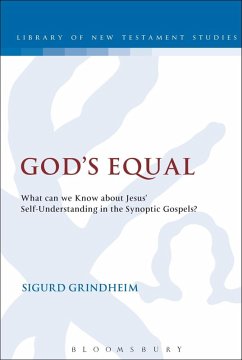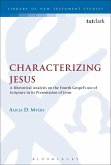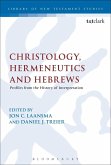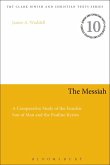In this book Sigurd Grindheim argues that Jesus implicitly claimed to be God's equal and that his claim to be God's son must be understood in this light.
The argument unfolds through analysis of the gospel accounts regarding Jesus' claims to inaugurate the Kingdom of God, his understanding of his miracles, his forgiveness of sins, his expectation to be the ultimate judge of all the world, his claim to speak with an authority that matches that of the Mosaic law, the absolute demands he made to his disciples, and his appropriation for himself of metaphors that in the Scriptures of Israel were exclusively used of YHWH. Furthermore Grindheim traces these claimes back to the Historical Jesus. Through a comprehensive examination of the primary sources, Grindheim argues that Jesus' claims go beyond the claims made on behalf of human and even angelic beings within Second Temple Judaism. Jesus presents himself in a role that in a Jewish context was reserved for YHWH.
The argument unfolds through analysis of the gospel accounts regarding Jesus' claims to inaugurate the Kingdom of God, his understanding of his miracles, his forgiveness of sins, his expectation to be the ultimate judge of all the world, his claim to speak with an authority that matches that of the Mosaic law, the absolute demands he made to his disciples, and his appropriation for himself of metaphors that in the Scriptures of Israel were exclusively used of YHWH. Furthermore Grindheim traces these claimes back to the Historical Jesus. Through a comprehensive examination of the primary sources, Grindheim argues that Jesus' claims go beyond the claims made on behalf of human and even angelic beings within Second Temple Judaism. Jesus presents himself in a role that in a Jewish context was reserved for YHWH.









